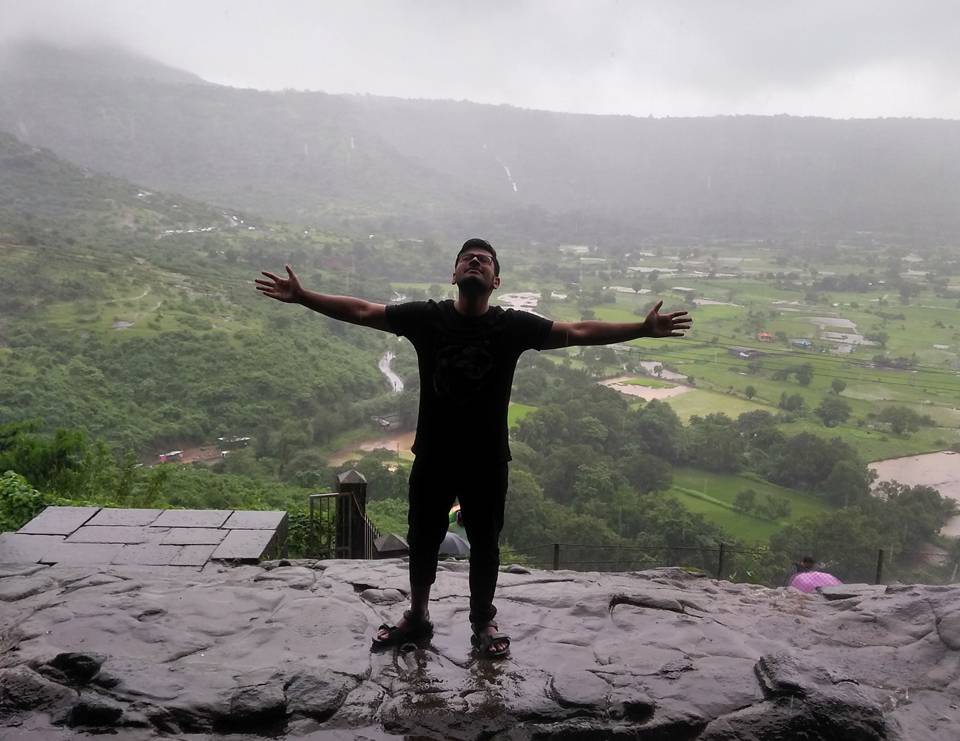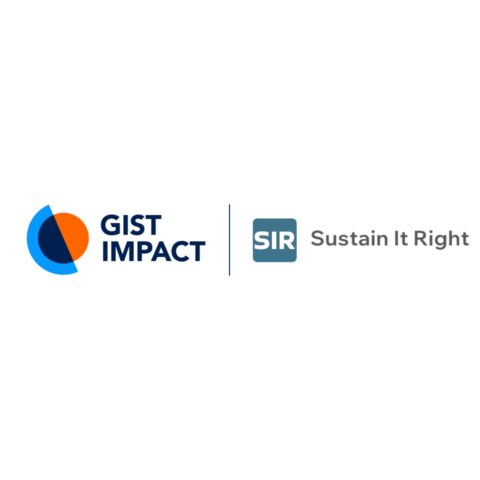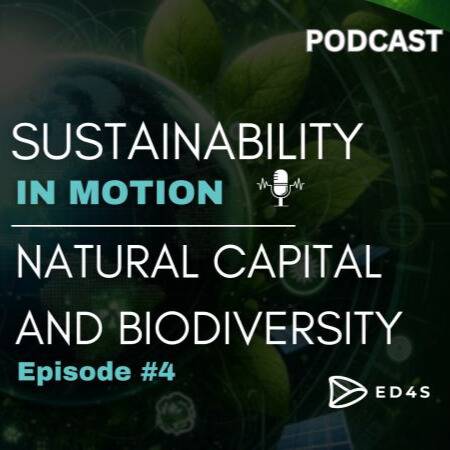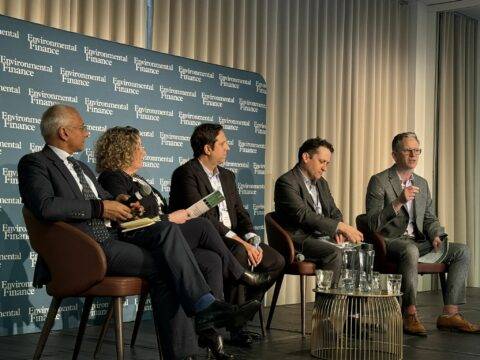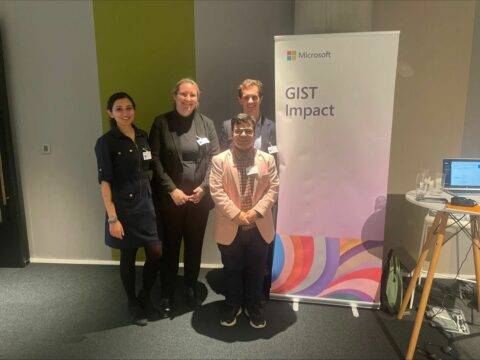Determination and discipline personified, Senior Research Analyst, Dipanjan Saha, is a shining example of how perseverance and purpose ultimately lead to great impact.
Growing up near the famous wetlands of Kolkata, Dipanjan always knew he wanted to make a positive environmental impact with his work. As a child, he dreamed of living a life similar to the late, great Steve Irwin. Inspired by his love and respect for animals and the natural world, Dipanjan developed a fascination for wildlife and wanted to be a zoologist or conservationist.
It was stories of the conservation of the Kolkata wetlands that drove Dipanjan to sustainable thinking. In particular, he credits the late Dr Dhrubajyoti Ghosh as being instrumental in his understanding of the importance of nature-based solutions and protecting them. Dr Dhrubajyoti Ghosh, a UN Global 500 laureate and the first Indian recipient of the prestigious Luc Hoffmann award, was an ardent follower of nature-based solutions and ecosystem-based approaches. Dr Ghosh showed the world that wetlands could provide sewage works, fertile aquatic gardens and, most importantly, flood defenses.
In his teenage years, Dipanjan started to develop an interest in coding, through which he started to see the connection between where technology could play a part in protecting nature-based solutions already at play. This led him to apply to the West Bengal University of Technology in Kolkata to study civil engineering.
“Through my knowledge of coding and my interest in natural treatment technologies, I could see that the solutions to the climate crisis would require more than just engineering – I just wasn’t yet aware of how all these elements could fit together. I knew I needed to move to a more cosmopolitan city, to meet people from different backgrounds with diverse experiences, so I could piece together the puzzle that was forming in my mind.” It was this realisation that later led Dipanjan to IIT Bombay, to take up a masters in environmental engineering and environmental technology.
With a renewed sense of purpose and a deep affiliation to the experiences that had shaped his passions, Dipajan used his time at IIT to further explore the intersections between engineering, data and nature-based solutions. For his dissertation, Dipanjan researched low-cost eco-centric wastewater treatment technologies, by studying the Powai Lake in Mumbai. “I monitored the lake for a year and used my coding skills to correlate all the experimental data that I collected. Then I created my own miniature version of the ecosystem, by mimicking the lake’s natural design.”
When his university supervisor advised him to do a cost-benefit analysis of the ecosystem he had been studying, Dipanjan was struck by the challenge of how to account for the value of ecosystem services. This inspired Dipanjan to start weaving economics into his studies, and ultimately, what led him to GIST Impact. “When I came across GIST Impact I realised that’s what they did! To be able to educate people on the value of ecosystem services was the missing piece of the puzzle for me. GIST Impact had developed a methodology that primarily addressed the question I had raised in my dissertation and it was like GIST Impact was the answer I had been waiting for!”
Since joining the organisation, Dipanjan has been a key part of developing GIST’s impact valuation approach, “Slowly my job roles have diversified and grown. I have worked on our air pollution and waste generation methodologies, our database crawlers and on our end to end client delivery.” More recently, Dipanjan has also been instrumental in developing GIST’s Impact Intensity Dashboard (GIID): an impact assessment database of listed companies.
Dipanjan’s perseverance and self-leadership carries over into his personal life. A keen powerlifter, undeterred by the current lockdown restrictions, Dipanjan has remained focused on his goals and hopes to compete professionally later this year. “My friends would describe me as focused and stubborn – when I decide to pursue something I never do it by halves and I always stick to what gives me a sense of accomplishment and purpose. A perfect day for me would be a busy day. Getting things done at work, finishing projects, then going to the gym, doing some lifting, preferably breaking my own personal records and then coming home to spend time with the people I love.”
Dipanjan see’s a long journey ahead for both him and the world, but is motivated by, and unafraid of, its potential, “What both I and GIST Impact have achieved is only 1% of the impact I believe we can make. I feel excited and driven by the idea of what we can achieve in these hectic and turbulent times, because it is in these turbulent times that major change happens. If you stay on course and concentrate on putting your energy into the things you care about, then things tend to fall into place.”

